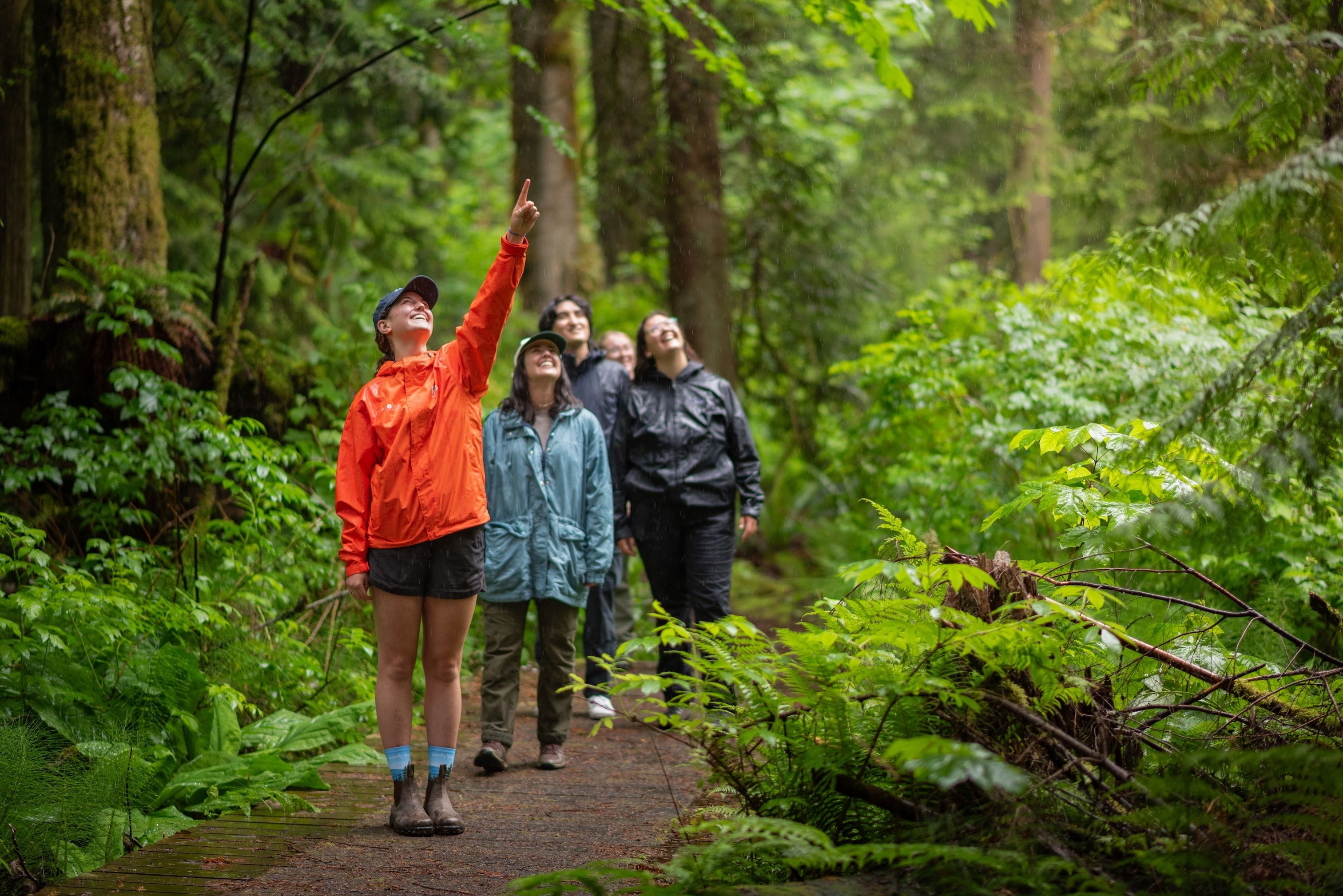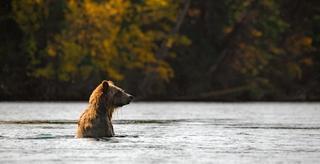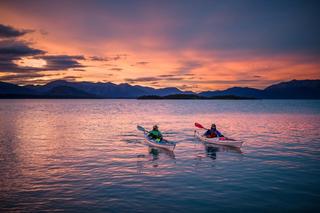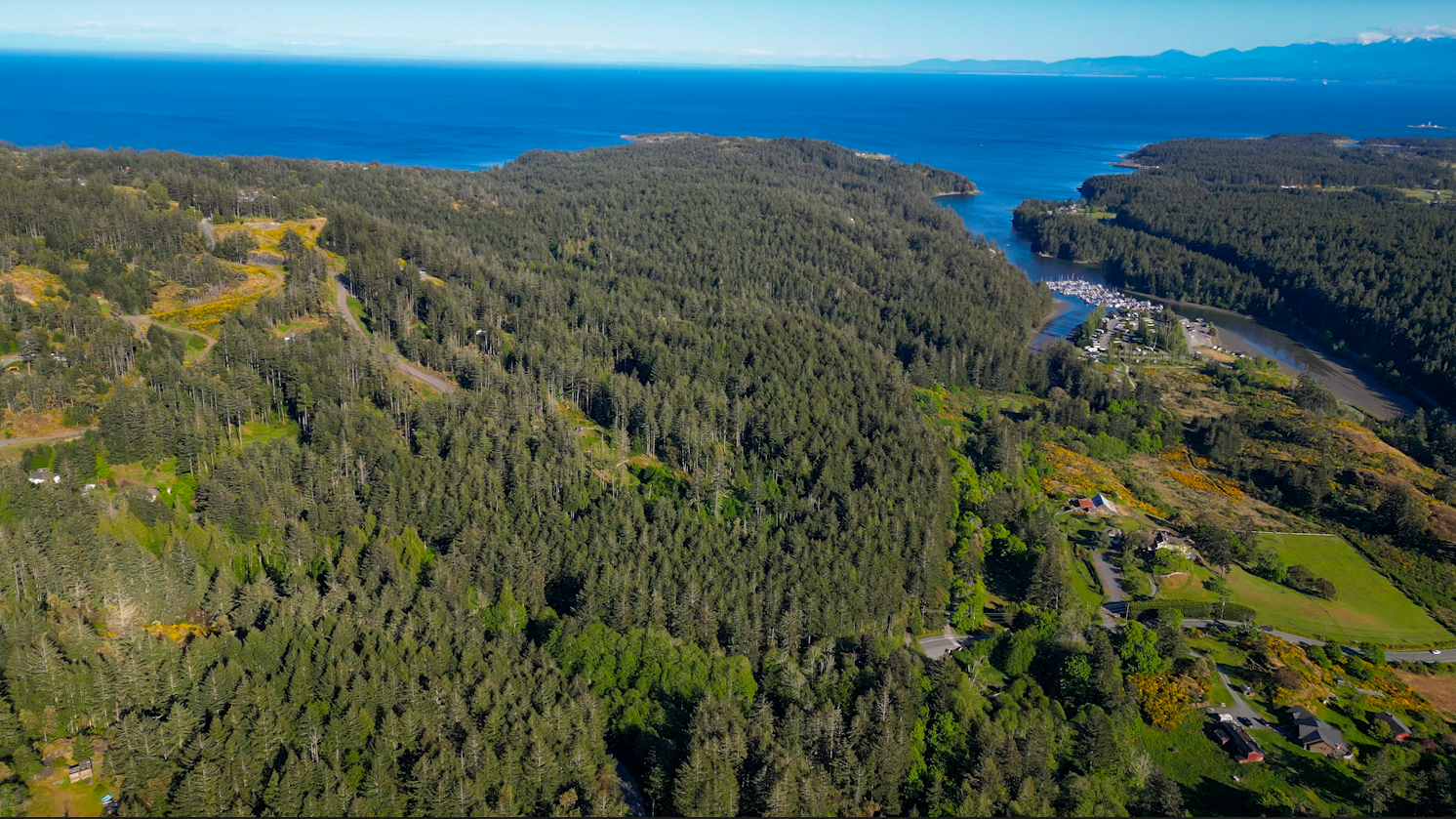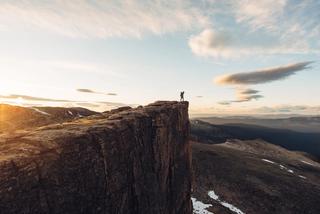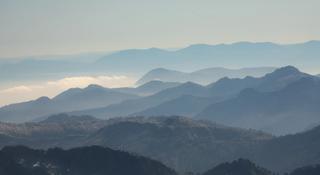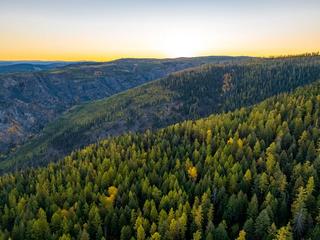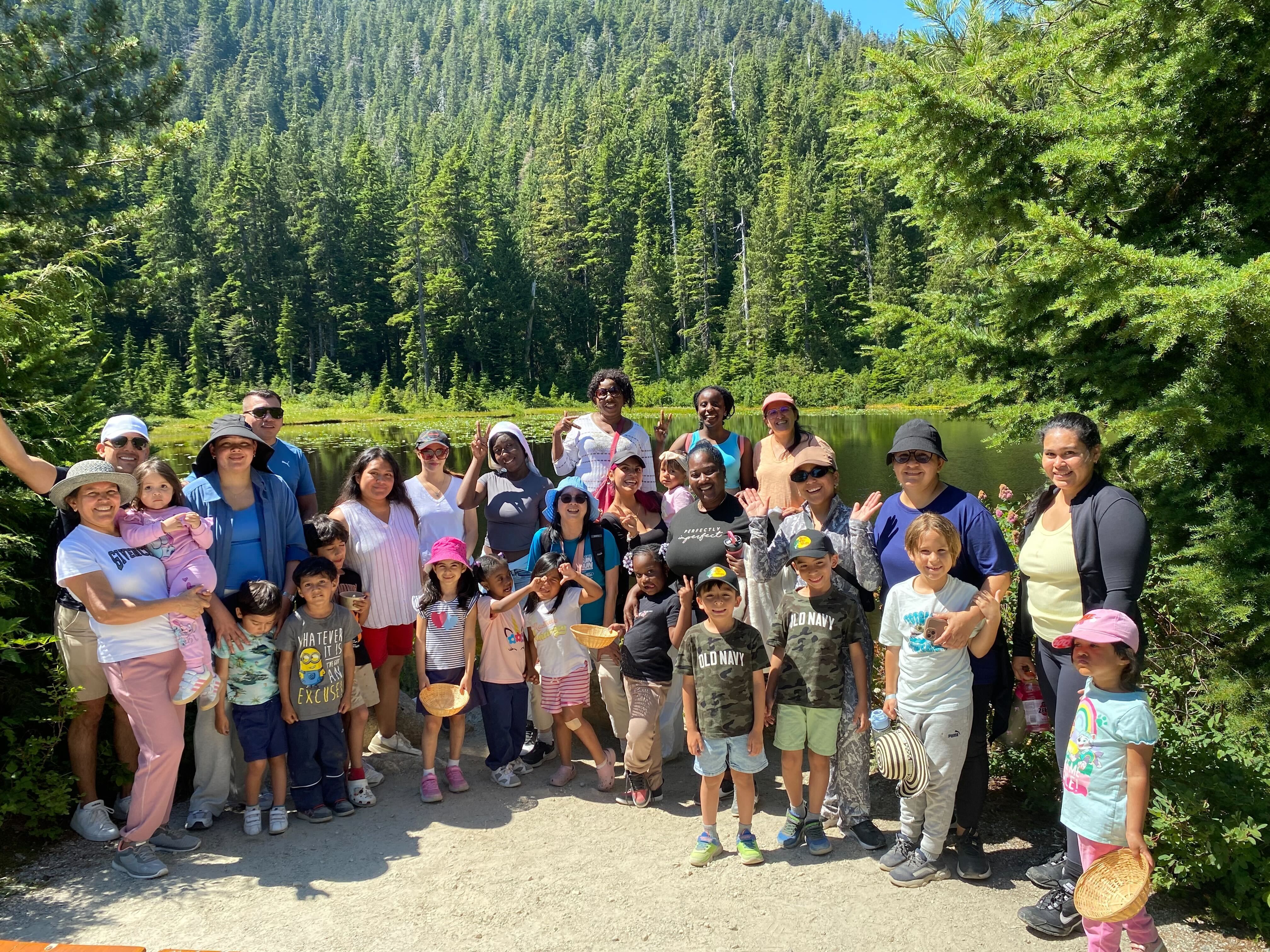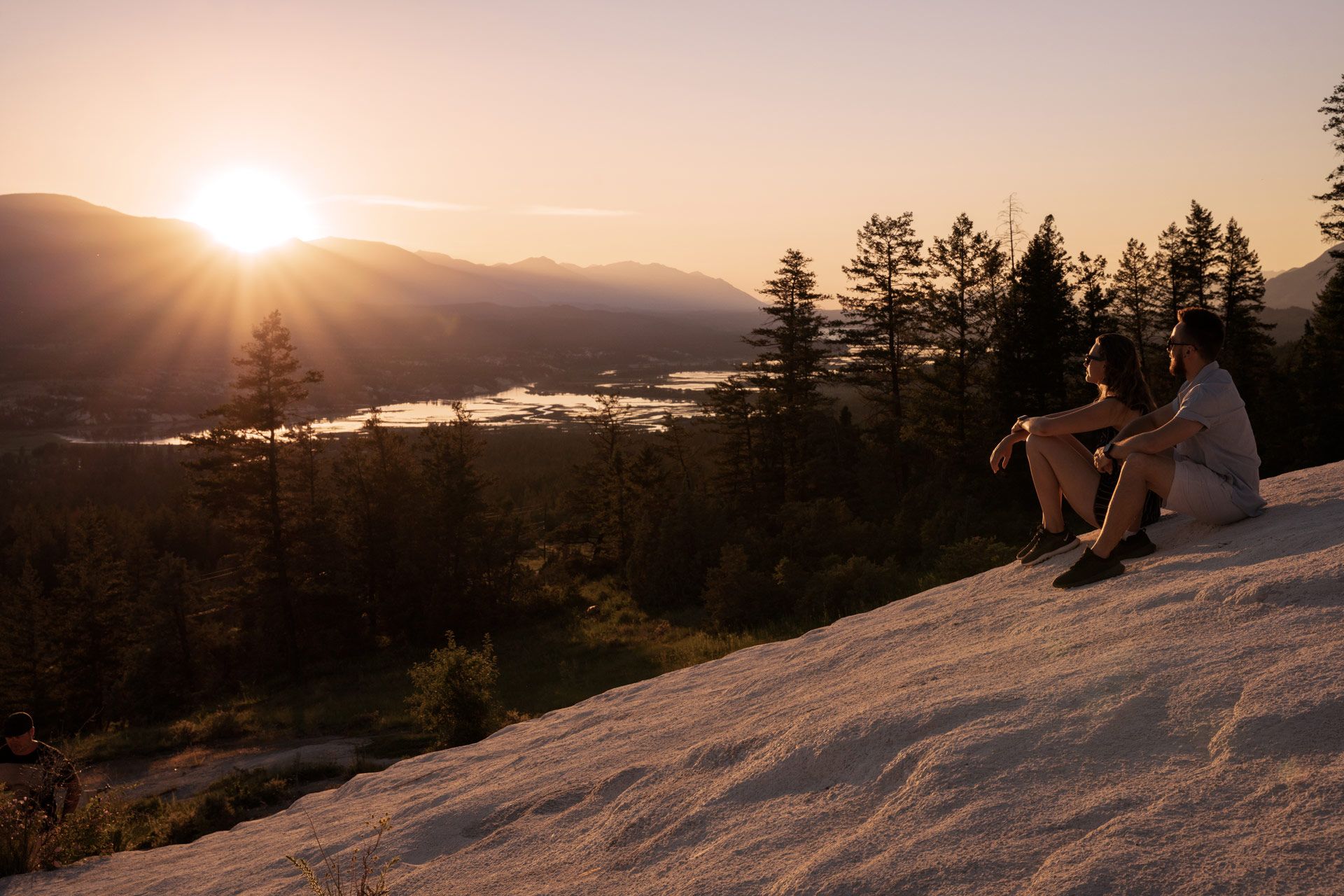BC Parks Foundation is the official charitable partner for parks and protected areas in British Columbia. We also work across Canada, using parks to improve Canadians’ health, education, and economy.
By becoming part of our community, you can conserve, restore, and enjoy natural areas. You can add and enjoy outdoor recreational experiences and facilities. And you can improve and enjoy better health and learning. Parks are who we are. Protect now, enjoy forever.



